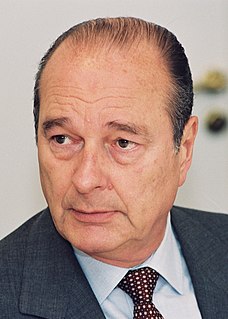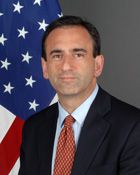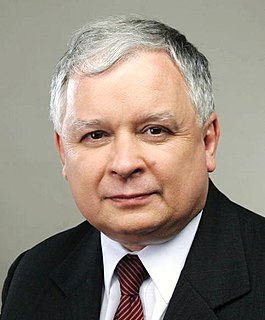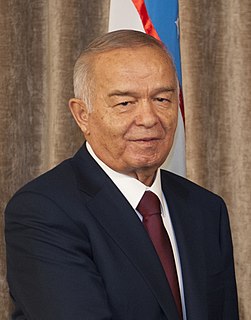A Quote by Vladimir Putin
Russia will always remember the contribution [of King Fahd] in the development of Russian-Saudi relations, which in recent years were raised to a qualitatively higher level.
Related Quotes
King Fahd was also committed to the strong and trusting relations between France and Saudi Arabia. This old friendship, which began with an exceptional link established by General De Gaulle, took on a new dimension under his reign, helped by a shared vision of what was at stake regionally and internationally.
We have seen very clearly over these past years that there are quite a few people who are sceptical, or let us put it another way, are cautious about the development of Russian-American relations, but the underlying fundamental interests of the United States and Russia demand that our relations be normalised.
Without Russia's contribution, prices would rise even more. Some members of the EU meet 90% of their demands for gas with the help of Russian hydrocarbons and have no complaints so far. Everybody is happy. Russia is a reliable partner and has never failed her partners in Europe, even in the hardest times of its economic development.
It is well known, widely known that the US President-elect [Donald Trump] has publicly spoken in favour of normalising Russian-American relations. We cannot but support this. Of course, we understand that it will not be an easy job, taking into account the degree to which Russian-American relations have degraded. But we are ready to cover our part of the way.
President Obama took charge of the Oval Office seven years ago. He promised a positive reset in relations with Russia. But with the radioactive poisoning of a British spy in London, the downing of passenger jets over Europe, and the aggressive advances of Russian forces from Ukraine to Syria, President Putin of Russia has rebuked Mr. Obama.
The attitude of the West and of Russia towards a crisis like Ukraine is diametrically different. The West is trying to establish the legality of any established border. For Russia, Ukraine is part of the Russian patrimony. A Russian state was created around Kiev about 1,200 years ago. Ukraine itself has been part of Russia for 500 years, and I would say most Russians consider it part of Russian patrimony. The ideal solution would be to have a Ukraine like Finland or Austria that can be a bridge between these two rather than an outpost.
This document will play an important role in protecting the strategic interests of Russia and Uzbekistan and ensuring stability and security in the region, which some politicians call Russia's soft underbelly. It's not a secret that after the Soviet collapse and especially in recent years, Central Asia has become the focus of interest of major nations because of its geographic location and rich mineral resources.





























